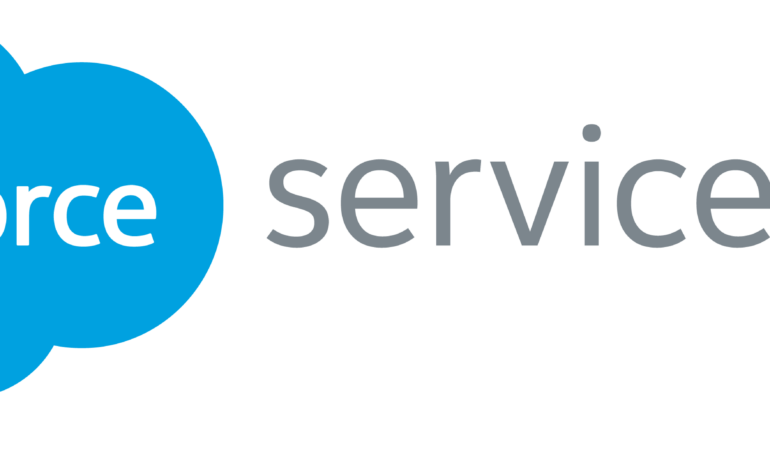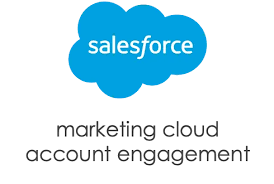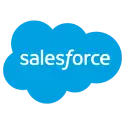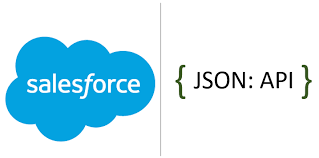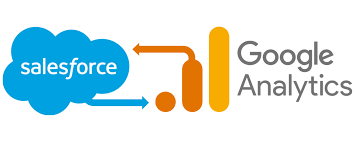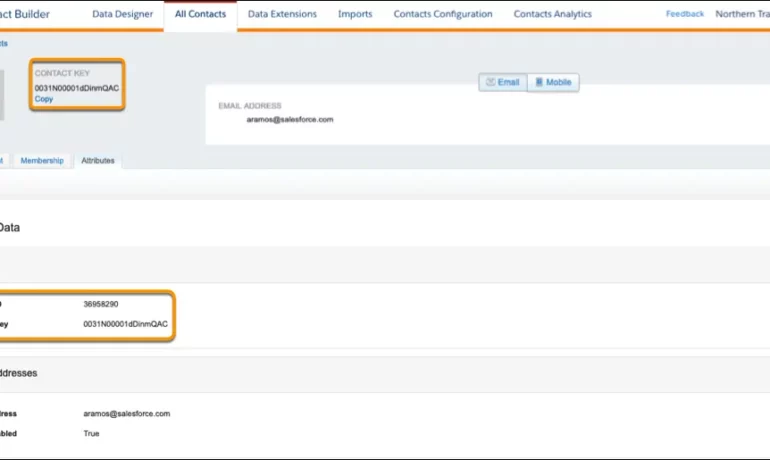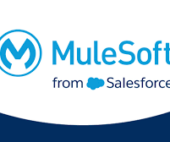Salesforce Service Acronyms
Here is a helpful glossary of terms you will hear when discussing Salesforce and Salesforce Service Cloud. ACW After Call Work Tasks that the agent needs to complete after the customer call has ended. Your job as a Salesforce Admin/Service Cloud Consultant is to make completing these tasks (eg. entering data, call outcome notes), as efficient as possible for the user. AHT Average Handle Time The average amount of time it takes for an agent to resolve a customer call/case. CTI Computer Telephony Integration Telephony (phone communication) can be directly integrated into Salesforce. This is a great win for Service (and Sales) departments who rely heavily on their phone, with features such as click to dial, call recording and screen pop available from 3rd party vendors. FCR First Contact Resolution Measures the % of cases that are solved on the first touchpoint with customer service.READ MORE: Create a Service Metrics Strategy. FSL Field Service (Lightning) An extension (add-on product) of Service Cloud that provides a comprehensive view of workforce management. Field Service involves providing services to customers beyond your office or site – which is referred to as in the “field”. Think about mobile employees, like service technicians, who carry out the service in-person; other people involved are service agents, dispatchers, and service managers. Salesforce dropped the “Lightning” from the product name, but the acronym is still widely used. IVR Interactive Voice Response An automated telephony system that interacts with callers, gathers information and routes calls to the appropriate recipients (source). People often refer to this as speaking to a bot before they get through to a human agent. KCS Knowledge-Centered Support A knowledge base that documents service agents’ experiences when solving cases, curated and made accessible to customers for self-service support should they encounter the same question or problem.Salesforce Experience Cloud is praised for encouraging collaboration and improvement between customers and agents in this way. PBX Private Branch Exchange System that routes calls to different agents. SLA Service-level Agreement A formal or informal contract between an organization and its customers which outlines what service they will receive and how long they will need to wait to receive that service each time. SLAs can be configured into Salesforce to prioritize cases and work orders. Like Related Posts Salesforce OEM AppExchange Expanding its reach beyond CRM, Salesforce.com has launched a new service called AppExchange OEM Edition, aimed at non-CRM service providers. Read more The Salesforce Story In Marc Benioff’s own words How did salesforce.com grow from a start up in a rented apartment into the world’s Read more Salesforce Jigsaw Salesforce.com, a prominent figure in cloud computing, has finalized a deal to acquire Jigsaw, a wiki-style business contact database, for Read more Service Cloud with AI-Driven Intelligence Salesforce Enhances Service Cloud with AI-Driven Intelligence Engine Data science and analytics are rapidly becoming standard features in enterprise applications, Read more

